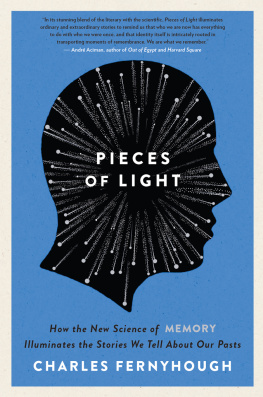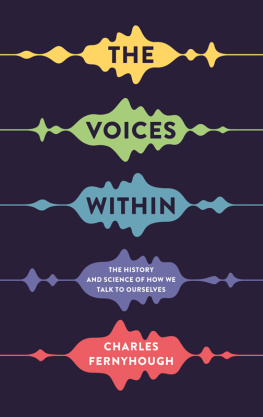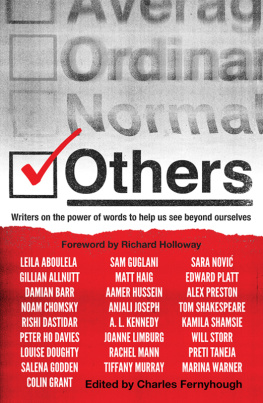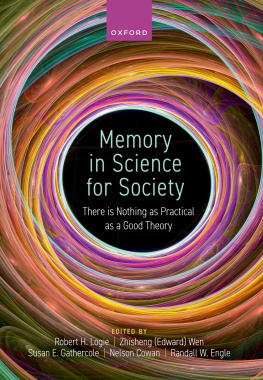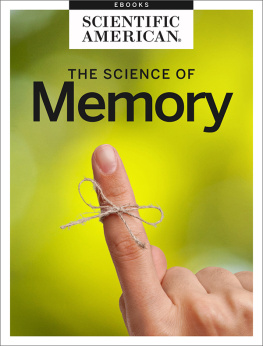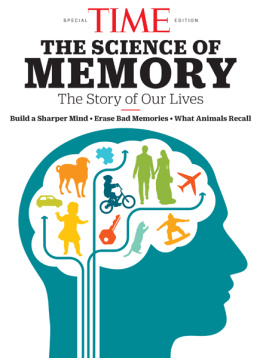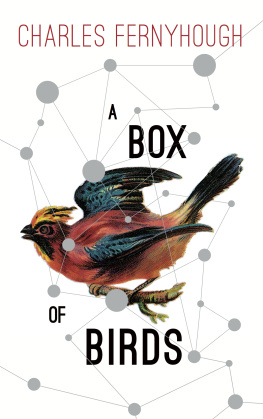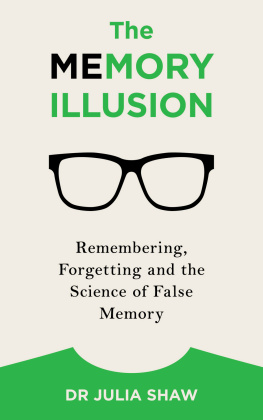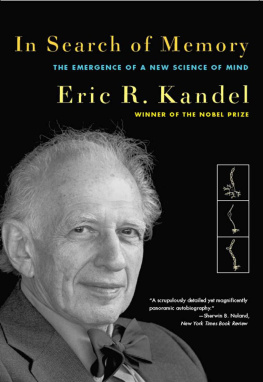For Martha George
CONTENTS
CAN YOU REMEMBER?
It starts with a question from my seven-year-old son. We are on the grounds of our rented cottage in the Baixa Alentejo, killing time before we head to the Algarve coast for a boat trip. With his holiday money, Isaac has bought himself a handheld toy that fires little foam rockets prodigious distances up into the air, and he has lost one of them on the graveled ground behind the swimming pool. As we search, he has been chattering away about how he wants to go fishing with me when we get home from Portugal. I have told him that I used to go fishing, as a child of about his age, with my uncle in the lake in the grounds of my grandparents house in Essex. Then, out of the blue, he asks the question:
Can you remember the first fish you ever caught?
I stand straight and look out at the farmland that slopes away from our hillside vantage point. I have not been fishing in thirty-five years, but my thoughts have occasionally returned to my outings with my uncle. When they do, certain images rise out of the past. I can picture the greenish lake with its little island in the middle, how mysterious and unreachable that weeping-willowed outcrop looked to my small-scale imaginings. I can sense my jocular young uncle next to me, his stretches of silence punctuated with kindly teasing. I remember the feel of the crustless bits of white bread soaked in pond water that we used to squidge onto the fishhooks as bait, and the excitement (for a keen young amateur naturalist) of an afternoon visitation from a stoat, scurrying along by the bullrushes with its black-tipped tail bobbing. I remember the weird, faintly gruesome exercise of extracting the hook from a rudds mouth and then throwing the muscular sliver back into the lake to restart its perforated life. But I have never thought about the moment of feeling the tug on the line, the thrill that prefigured the landing of a fish. And I have certainly not had the question framed like this, narrowing my remembering down to the first time it ever happened.
I dont know, I reply. I think so.
What accounts for my uncertainty? The image of lifting a fish from the water was not there in my collection of ready-made fishing memories. Because I have never (as far as I can remember) been asked this question, I have never had to come up with a corresponding memory. But I try. I ask myself: What would that first-catch moment look like? Into the well-remembered scene of the lake I insert the detail of an extended fishing rod, seen from the perspective of my childhood self, with something silvery dangling from the end of the line. I feel a pang of recognition, and then a shiver of boyish excitement. And then I ask myself: Did it happen? I feel that it did. It seems to me that the event really took place; it feels as though it belongs in the past; it comes with appropriate corresponding emotions; and it feels as though it happened to me rather than to anyone else. When I think of the memory now, a month or two after our conversation in Portugal, it has taken on an independent existence. I no longer agonize about whether it was a product of imagination, generated on demand to satisfy a small childs curiosity.
What is it like to have a memory? What is a memory? How is it possible to have new memories, like this one of catching my first fish? Have I always had the memory, but only just unearthed it, or have I somehow created it out of something else? What about all the other potential memories I could conjure up from that period of my lifethose that are not in my consciousness right now, but that could become so, with the appropriate cues? Do I have them or not? What status do they have, before and after they come into my mind?
The list of questions goes on. Why did I remember this particular event and not some other? Presumably it was because my memory was clearly cued. I remembered the first fish I caught because I was specifically asked about it. But what about when a memory simply pops into my head for no apparent reason? Yesterday, for example, I suddenly had an exasperatingly random memory of the little blue-and-white-striped plastic carrier bags that were common when I was a child. We are often struck by the randomness of what we remember, and dismayed by our forgetfulness for the really important stuff. In the words of the American writer Austin OMalley, memory is a crazy woman that hoards colored rags and throws away food. This randomness determines what information we choose to encode about an experience, how we recall what we do actually store, and the triggers that can elicit such memories. Memories that are resistant to the ordinary processes of cueing might nevertheless be flushed out by trivial, apparently disconnected cues. Even spontaneous memories, which flash into our heads for no apparent reason, may be triggered by some subtle internal or external connections.
For all these reasons, its impossible to answer the question of whether I had my first-catch memory before Isaac asked me about it. In this book, I want to show that the question is impossible because it relies on a mistaken view of what memories are.
HERES A MEMORY, FROM AN accomplished writer with a special interest in the topic:
It is seen from the point of view of a small person just seeing over the wall of a playground in East Hardwick Elementary School. The stone is hot, and is that kind that flakes into gold slivers. The sun is very bright. There is a tree overhead, and the leaves catch the light and are golden, and in the shade they are blue-green. Over the wall, and across the road, is a field full of daisies and buttercups and speedwell and shepherds-purse. On the horizon are trees with thick trunks and solid branches. The sky is very blue and the sun is huge. The child thinks: I am always going to remember this. Then she thinks: why this and not another thing? Then she thinks: what is remembering? This is the point where my self then and my self now confuse themselves into one. I know I have added to this Memory every time I have thought about it, or brought it out to look at it... It has got both further away and brighter, more and less real.
The writer is the novelist A. S. Byatt. The Memory, as she dubs it, is an example of an autobiographical memory , which psychologists define as those acts of remembering that relate to events and details from our own lives. You could call on anyone to recount a memory from their childhood, and they would come up with something like this. At one level, Byatts account illustrates the predominant view of what a memory is: a more or less stable depiction of a past event. Memories are not always as accessible as we might likethey dont always come when they are calledbut they are essentially enduring representations that you carry with you, claim as your own and guard jealously. Some remember their first day at school, first kiss or first wedding day, and some dont. No one would doubt, though, that the question of whether you possess a particular memory makes sense.
It could surely not be otherwise. Without our memories, we would be lost to ourselves, amnesiacs flailing around in a constant, unrelenting present. It is hard to imagine being able to hang on to your personal identity without a store of autobiographical memories. To attain the kind of consciousness we all enjoy, we probably rely on a capacity to make links between our past, present and future selves. Memory shapes everything that our minds do. Our perceptions are funneled by information that we laid down in the past. Our thinking relies on short-term and long-term storage of information. As many artists have noted, memory underpins imagination. Creating new artistic and intellectual works depends critically on the reshaping of what has gone before. We need our memories, and we find ways of hanging on to them. According to the conventional possession view of memory, we do that by filing them away in a kind of internal library, ready to be retrieved as soon as they are needed.

